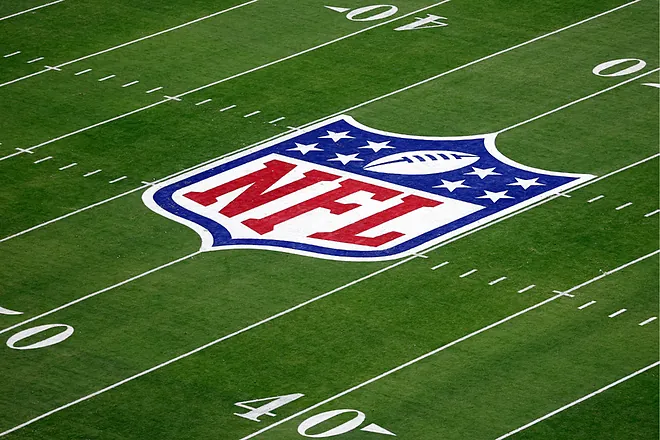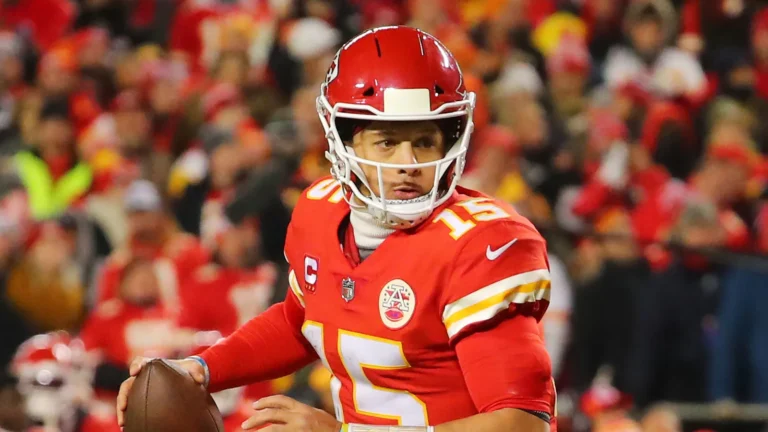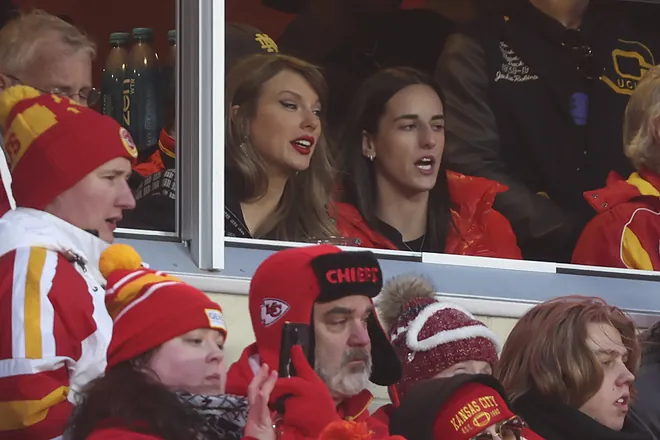The NFL’s crackdown on smelling salts marks another step in the league’s push for player safety and evidence-based health protocols, going beyond just technological changes.

What Are Smelling Salts and Why Were They Used?
Smelling salts (ammonia inhalants) are small capsules that release ammonia gas when crushed. When inhaled, the gas stimulates the respiratory system, producing a quick jolt of alertness.
Players across the league—especially before games or between drives—used them as a stimulant to stay sharp and focused. Some, like George Kittle of the 49ers, became known for using them “every drive.”
The NFL’s Official Reason for the Ban
A league-wide memo informed teams that ammonia inhalants are no longer allowed in locker rooms, sidelines, or any part of NFL games starting in the 2025 season. Here’s why:
- The decision follows new guidance from the FDA, which warned that there is no scientific proof supporting the safety or effectiveness of smelling salts for boosting energy or mental clarity.
- The NFL Head, Neck, and Spine Committee raised a critical concern: ammonia inhalants may mask symptoms of neurological issues, such as concussion indicators, making them especially dangerous in a high-impact sport.
“Smelling salts could hide key signs of brain injury — that’s a line the NFL won’t cross anymore.”
Who Is Affected by the Rule?
- All team personnel—including players, coaches, medical staff, and trainers—are prohibited from using or supplying smelling salts.
- The rule applies throughout the entire game: pregame, in-game, and halftime.
- Teams are expected to fully remove all ammonia-based products from sideline and locker room setups.
Notable Player Reactions
The ban has stirred backlash from several players. George Kittle was especially vocal:
“I’m an every-drive guy… I considered retirement,” he joked, speaking to NFL Network.
Many athletes have long relied on these inhalants as part of their mental prep, and the sudden shift could mean changes in pregame routines across the league.
Why This Matters: Player Safety First
This move is part of the NFL’s broader trend of prioritizing long-term player health:
- Similar bans already exist in combat sports like boxing, where the safety risks are even more immediate.
- It shows the league’s shift from tradition-based methods toward E-E-A-T content creation in their rule enforcement — focusing on evidence, expertise, and player welfare.
Related: Other 2025 NFL Changes
The smelling salt ban is just one of several new updates. The league is also testing AI-driven first down markers, moving away from traditional chain measurements in favor of digital precision.
FAQs
Why were smelling salts banned by the NFL in 2025?
Due to FDA warnings and NFL medical committees, the league banned them over concerns about safety, lack of proven effectiveness, and potential to mask concussions.
Can players still use smelling salts off the field?
While the NFL can’t control personal use outside of games, no ammonia-based products are allowed during NFL events.
Are smelling salts dangerous?
They may cause respiratory irritation, elevated blood pressure, and most importantly, hide concussion symptoms, according to medical experts and the FDA.
What alternatives will players use now?
Expect a rise in natural stimulants like caffeine gum, focus-based breathing techniques, and perhaps team-approved mental alertness programs.





